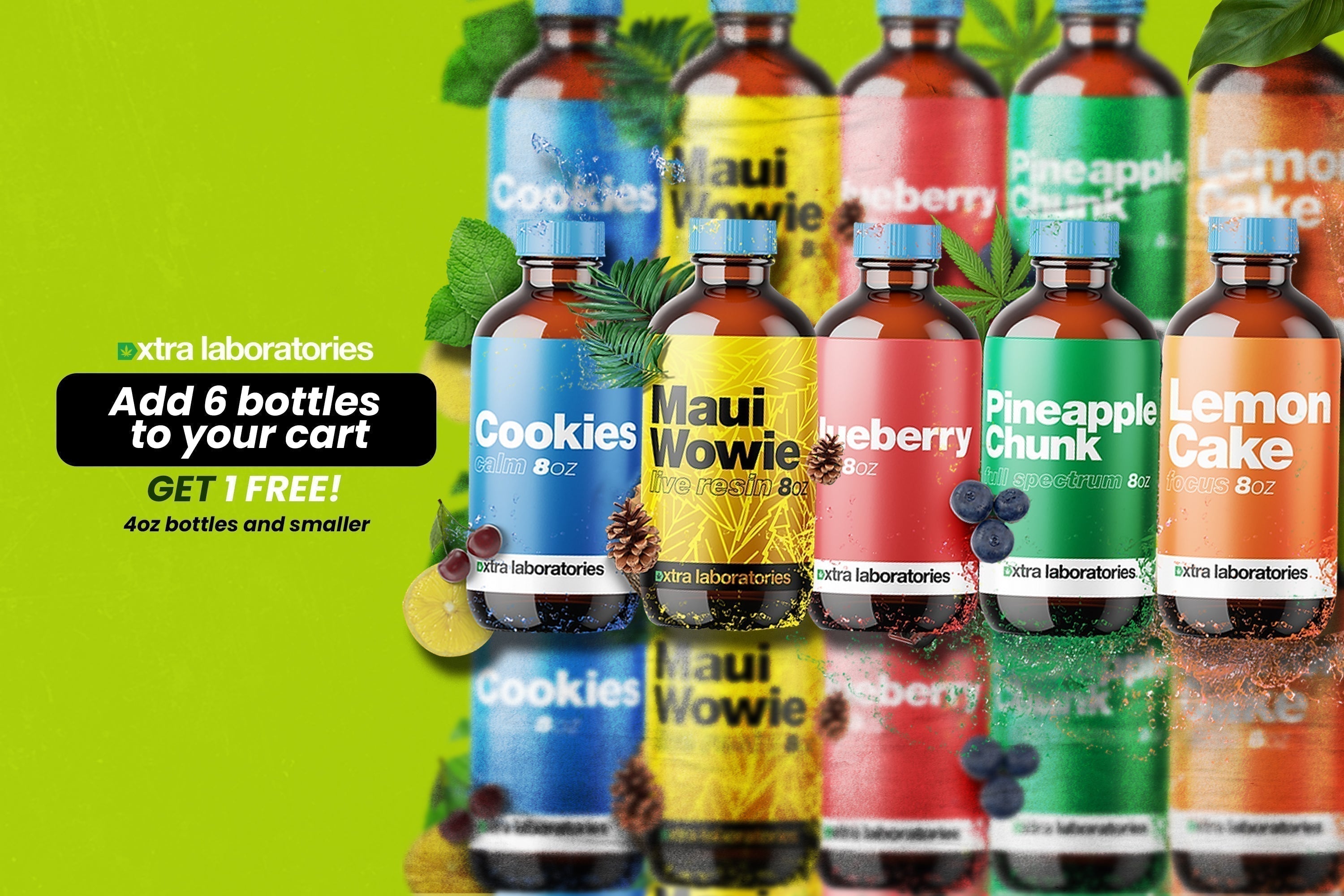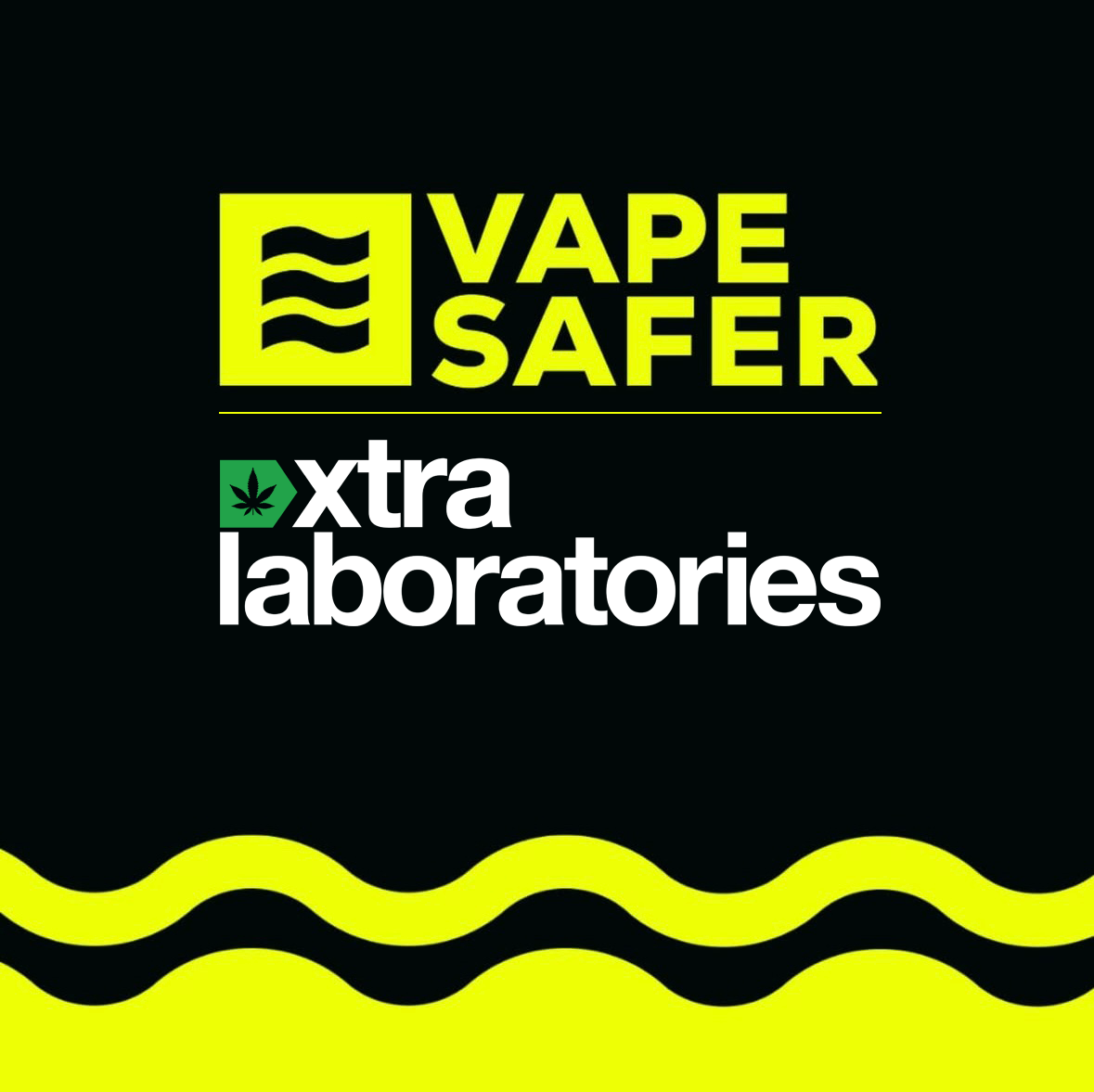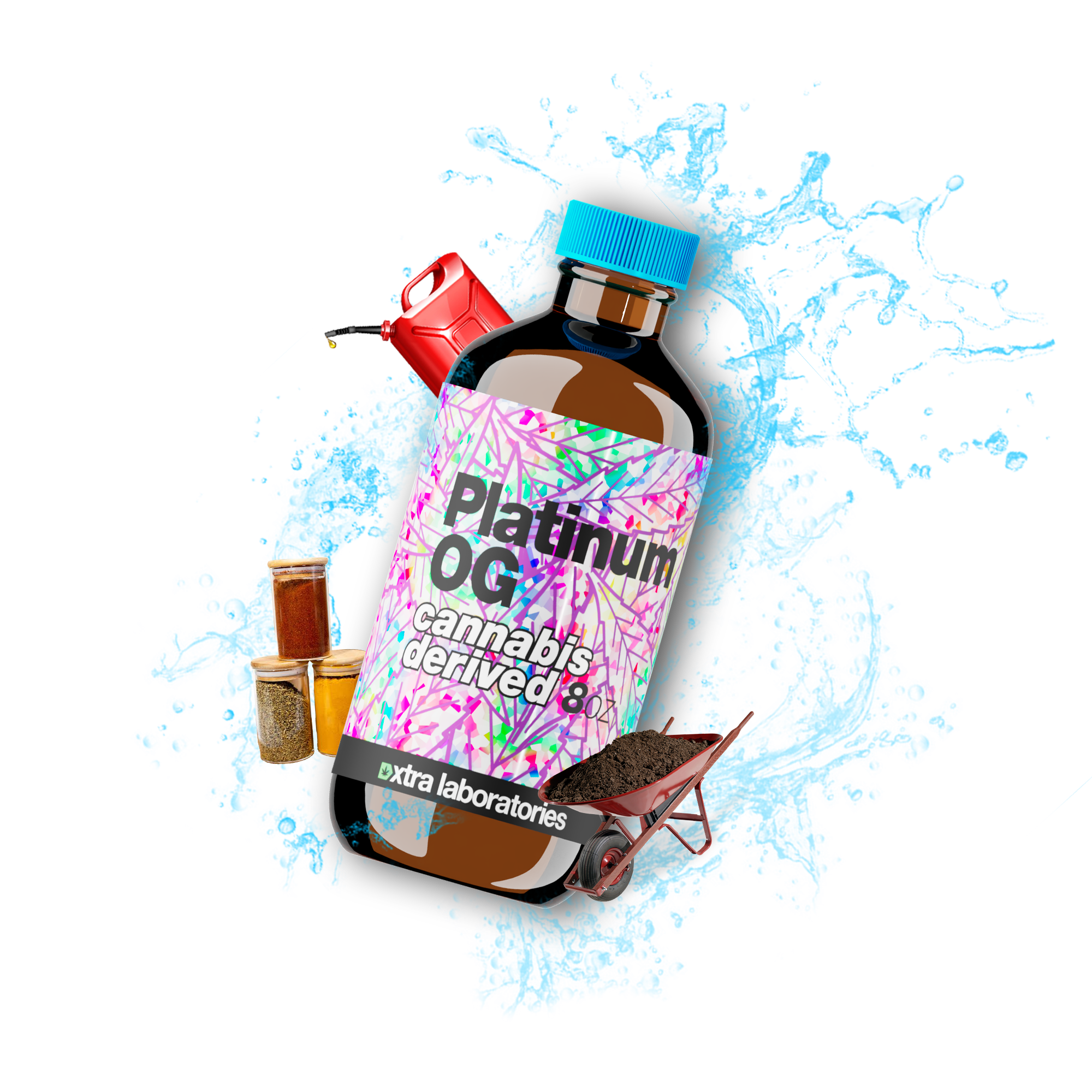Buying terpenes online feels like navigating a minefield. One day, you're getting quotes from suppliers who seem legitimate, the next, you're dealing with delayed shipments and products that smell nothing like what you ordered.
If you're running a business that depends on quality terpenes, these headaches can seriously impact your bottom line.
The terpene market has exploded over the past few years, but that growth has brought plenty of problems. Fly-by-night suppliers pop up constantly, pricing makes no sense across different vendors, and quality control varies wildly.
You might pay premium prices for what turns out to be a mediocre product, or worse, something that fails your quality tests.
Here's what actually works when buying terpenes online. After dealing with dozens of suppliers and seeing what separates the good from the bad, these strategies will save you time, money, and frustration.
Types of Terpenes Available for Purchase
Walk into the terpene market and you'll find four main categories, each serving different needs and budgets.
Cannabis-derived Terpenes
These sit at the top of the food chain. These come straight from cannabis plants, which means you get the real deal when it comes to strain-specific profiles. Your customers can taste the difference, but you'll pay for it. Expect to shell out significantly more than other options.
Botanical Terpenes
Botanical terpenes make up the bulk of what most manufacturers actually use. They're extracted from regular plants like oranges, pine trees, and lavender. The chemistry is identical to cannabis-derived versions, but your wallet won't take nearly as big a hit. Many successful brands build their entire product lines around botanical terpenes.
Live Resin Terpenes
These represent the premium end of cannabis-derived products. They capture terpenes from fresh-frozen plants, preserving compounds that normally get lost in traditional processing. These command the highest prices because the extraction process is more complex and yields are lower.
Full-spectrum Terpene Blends
Full-spectrum terpenes recreate specific strain profiles by mixing individual terpenes in precise ratios. They offer consistency that single compounds can't match, which makes sense if you're trying to maintain the same product profile across multiple batches.
Most businesses start with botanical terpenes for initial testing and product development. Once you nail down your formulations and understand your market, you can decide whether upgrading to cannabis-derived products makes financial sense.

Cannabis-Derived vs Botanical Terpenes: Buying Decision
This choice often makes or breaks your product's market positioning. Both have their place, but understanding when to use each saves money and headaches.
Cannabis-derived terpenes give you bragging rights and authenticity that some consumers really care about. If you're targeting the premium market and customers who read labels carefully, CDT can justify higher retail prices.
The downside? You'll pay 2-3 times more than botanical alternatives, and some states get weird about anything cannabis-related.
Botanical terpenes deliver the same molecular structure at a fraction of the cost. A limonene molecule extracted from orange peels behaves exactly the same as one from cannabis. Most consumers can't tell the difference in blind taste tests, especially in finished products where terpenes get mixed with other ingredients.
Smart manufacturers often blend both types. Use cannabis-derived terpenes for marketing claims and botanical terpenes for bulk volume. This approach lets you hit different price points while maintaining product quality.
The dirty secret? Source matters less than processing quality. Well-made botanical terpenes consistently outperform poorly processed cannabis-derived products. Focus on finding suppliers with solid quality control rather than getting hung up on where the terpenes originally came from.
Quality Standards: What to Look for in Terpene Suppliers
Quality separates professional suppliers from basement operations. These standards help you spot the difference before placing orders.
Certificates of analysis tell the real story about what you're buying. Every legitimate supplier provides COAs for each batch showing purity levels, residual solvents, pesticides, and heavy metals.
If a supplier hesitates to share these documents or only shows you cherry-picked results, walk away.
Third-party testing removes the temptation for suppliers to fudge numbers. In-house testing might catch obvious problems, but independent labs provide unbiased results. Ask specifically which labs they use and verify those labs actually exist and have good reputations.
Processing methods reveal a lot about supplier sophistication. CO2 extraction and steam distillation generally produce cleaner products than hydrocarbon methods, though skilled operators can make any method work well. More important is whether they can explain their process clearly and show you their facility.
Batch tracking becomes crucial when something goes wrong. Good suppliers can trace every product back to its source material and processing date. This capability protects both of you if quality issues surface later or regulatory problems arise.
Customer references provide real-world insight into how suppliers actually perform. Most established suppliers happily connect you with existing customers who can share their experiences. If they refuse or make excuses, that's a red flag.
Pricing Guide: Understanding Terpene Market Costs
Terpene pricing can seem random until you understand the factors driving costs. Here's how the market actually works.
Cannabis-derived terpenes typically run $15 - $50 per gram for small quantities. Volume buyers can negotiate down to $8 - $25 per gram for orders over 100 grams. Live resin and rare strain profiles push prices even higher, sometimes hitting $60+ per gram for specialty products.
Botanical terpenes cost much less, usually $3 - $15 per gram retail and $1 - $8 per gram wholesale. Common terpenes like myrcene and limonene sit at the bottom of this range, while complex fruit profiles or rare compounds cost more.
Volume breaks kick in at predictable levels. Most suppliers offer better pricing at 100g, 500g, 1kg, and 5kg+ quantities. Really large buyers can negotiate custom deals that cut costs in half compared to retail pricing.
Payment terms affect your actual costs more than you might think. Cash buyers often get 2-5% discounts, while suppliers charge more for net payment terms. Factor this into your total cost calculations.
Seasonal variations hit botanical terpenes harder than cannabis-derived products. Citrus terpenes cost more when citrus crops face weather problems, while cannabis-derived pricing stays more stable throughout the year.
Wholesale vs Retail: Choosing the Right Purchase Volume
Your purchase volume affects everything from pricing to storage requirements. Getting this decision right impacts both cash flow and product quality.
Small orders under 100 grams work well for testing new products or suppliers. You'll pay more per gram, but you avoid big inventory investments and can switch directions quickly if something doesn't work out.
Mid-range wholesale from 100-500 grams hits a sweet spot for many businesses. You get meaningful cost savings without tying up massive amounts of cash or storage space. This volume suits companies with steady monthly usage patterns.
Large wholesale purchases of 1kg or more deliver maximum cost efficiency but require careful planning. You need proper storage facilities and confidence in your usage projections. Product degradation becomes a bigger concern with larger inventories.
Usage patterns should drive volume decisions more than just pricing. Calculate your monthly consumption and aim for 6-12 months of inventory. This timeframe provides good cost savings without excessive storage risks.
Consider your growth trajectory, too. If you're scaling up quickly, smaller frequent orders might make more sense than locking up cash in large inventory purchases.
Legal Considerations for Terpene Purchases
Regulations around terpenes vary wildly depending on your location and intended use. Getting this wrong can shut down your business.
State requirements differ dramatically across the country. Some states treat terpenes like any other food ingredient, while others group them with cannabis products regardless of source. Check your local regulations before ordering anything.
Hemp-derived vs cannabis-derived products face different legal treatment in many jurisdictions. Hemp-derived terpenes generally move through commerce more freely, but some states don't make this distinction clear.
Food-grade certification becomes mandatory if your terpenes will touch anything people consume. Make sure your supplier maintains proper food safety credentials and follows good manufacturing practices throughout their operation.
Interstate shipping creates additional complications for businesses operating across state lines. Products legal in your state might face restrictions when crossing borders. Work with suppliers who understand these complexities.
Documentation requirements vary by state but generally include purchase records, COAs, and proper labeling. Keep detailed records of all transactions and store them where you can access them quickly if regulators come calling.
How to Evaluate Terpene Suppliers
Finding reliable suppliers takes more than comparing prices and reading websites. These evaluation methods reveal how suppliers actually perform.
Start with small test orders before committing to large purchases. This approach lets you evaluate product quality, shipping speed, and customer service without major financial risk. Pay attention to how they handle your questions and concerns during this process.
Ask technical questions about their extraction methods, storage procedures, and quality control. Knowledgeable suppliers answer clearly and provide details. If they dodge questions or give vague responses, they probably don't understand their own processes.
Check their customer base and how long they've been in business. Suppliers with diverse customer bases and several years of operation typically offer more stability than newer companies dependent on just a few clients.
Evaluate their communication during initial interactions. Response times, technical knowledge, and problem-solving abilities during the sales process usually predict how they'll handle issues after you become a customer.
Review their inventory management capabilities. Ask about typical lead times, stock availability, and minimum order requirements. Suppliers with good inventory systems prevent delays and stock-out situations that can disrupt your production schedules.
At Xtra Laboratories, we've built our reputation on transparent pricing and consistent quality that professional buyers can count on.
Storage and Handling Requirements
Proper storage protects your investment and maintains product quality. Getting this wrong wastes money and creates production headaches.
Temperature control matters more than anything else. Most terpenes need refrigeration at 35-40°F to maintain their profiles over time. Some volatile compounds require freezer storage. Room temperature storage cuts shelf life dramatically and can change how your products taste.
Keep them in the dark because light breaks down terpene compounds and affects potency. Store containers in dark areas or use opaque packaging. UV light causes especially rapid degradation.
Minimize air exposure to prevent oxidation and contamination. Use airtight containers and avoid opening them frequently. If you access inventory often, consider buying smaller package sizes to reduce air exposure for your bulk stock.
Choose containers carefully because some materials interact with terpenes over time. Glass works best, while certain plastics can absorb or release compounds that affect product quality. Never use containers that previously held other chemicals.
Track inventory age and use older products first. Most terpenes stay good for 12-24 months under proper storage conditions, but quality starts declining after that. Label everything with purchase dates and rotate stock systematically.
Ready to find a reliable terpene supplier for your business? Visit Xtra Labs and work with a team that understands what professional buyers actually need.



Share:
Cannabis Terpene Testing: Quality Standards and Analytical Methods
Custom Terpene Blends: Professional Design and Manufacturing Guide